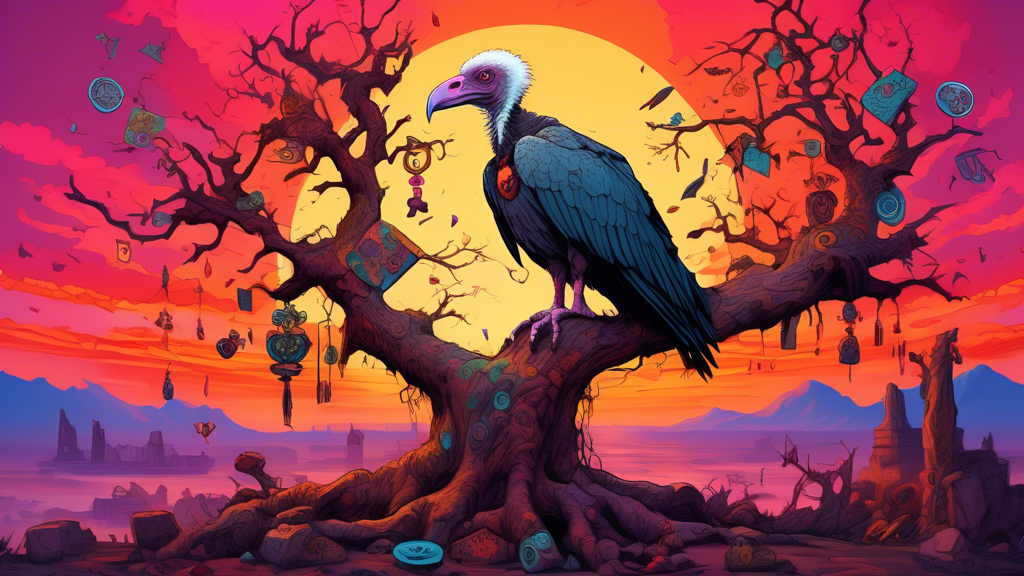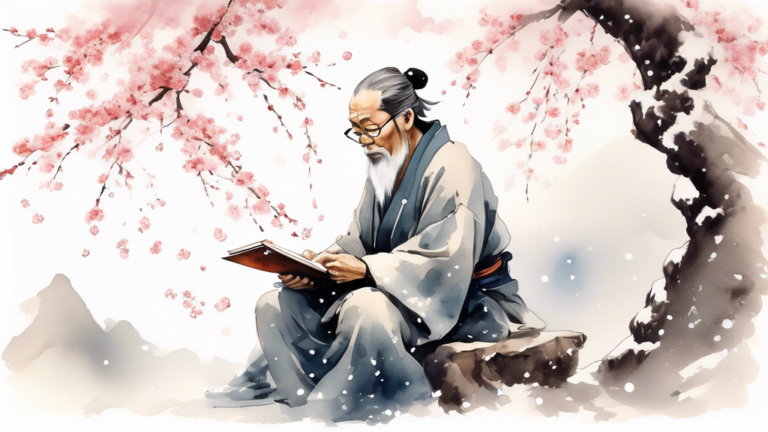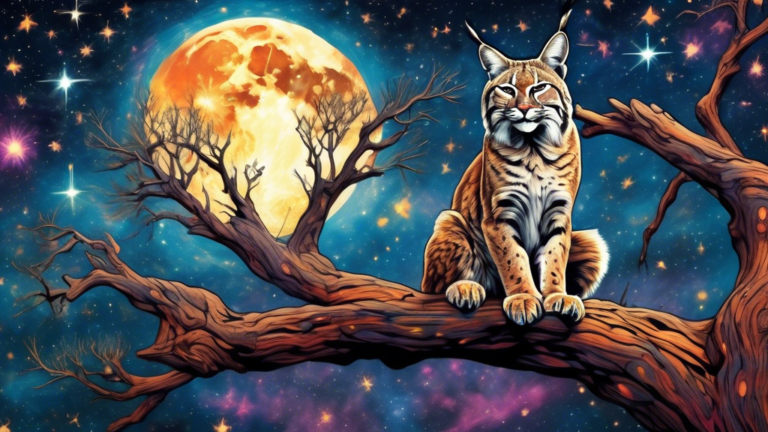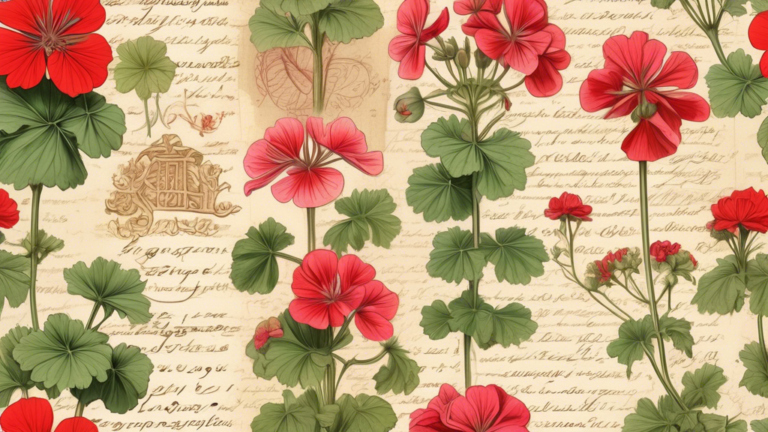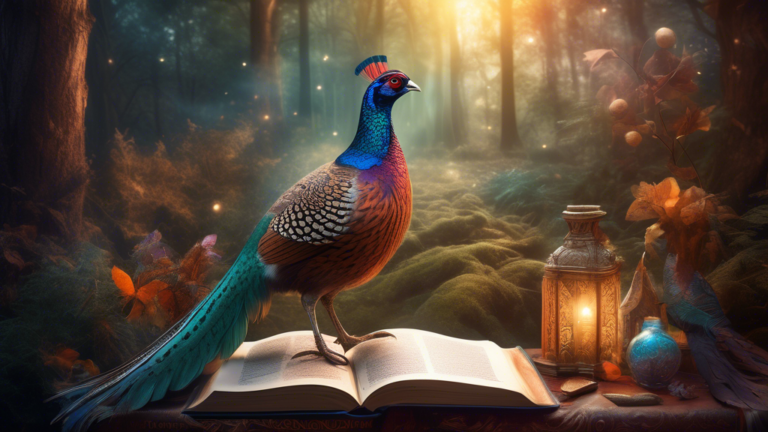Exploring the Symbolic Meaning of Vultures
Introduction to the Symbolic Meaning of Vultures
Vultures are widely recognized birds, often characterized either by their striking bald heads or their impressive wingspans. Beyond their physical appearance and ecological importance, vultures carry a wealth of symbolism across various cultures globally. Despite their often negative image as scavengers, these birds symbolize purification, renewal, and transformation, making them creatures of great symbolic depth.
Historical Context and Cultural Symbolism
Vultures have been integral to the mythologies and cultures of many societies throughout history. Their role as scavengers, cleaning up the environment by consuming carrion, positions them in a unique ecological niche that has symbolic implications in various cultures.
Ancient Egypt
In ancient Egypt, the vulture was a symbol of protection and maternal care. The goddess Nekhbet, often depicted as a vulture, was seen as a protector of the pharaoh and the Egyptian people. Vultures were revered for their ability to soar high in the sky, which was associated with the divine. The Egyptians also noted the predominance of female vultures, which added layers of meaning concerning femininity and motherhood.
Native American Cultures
Among numerous Native American tribes, vultures are respected as cleansers and recyclers of the Earth. They are appreciated for their role in maintaining the ecological balance. Some tribes view the vulture as a symbol of renewal and transformation, owing to its connection with life cycles and its adaptation abilities.
Tibetan Buddhism
In Tibetan Buddhism, vultures hold a significant place in the ritual of sky burials, where the bodies of the deceased are offered to these birds. This practice highlights the vulture’s role in the cycle of life and death, symbolizing the impermanence of life and the physical body, and the liberation of the soul.
Modern Interpretations of Vulture Symbolism
In modern times, while the image of the vulture can still carry some negative connotations, associated with death and decay, a deeper understanding reveals more positive symbolism. Vultures are increasingly seen as symbols of endurance, resourcefulness, and environmental vitality. Their ability to thrive in harsh conditions makes them emblems of adaptability and perseverance.
Environmental Symbolism
Vultures play a crucial role in the ecosystem by preventing the spread of disease through their consumption of dead animal matter. In this light, they symbolize health and purification, clearing away harmful pathogens from their surroundings. Their presence in an area signifies a healthy, functioning ecosystem, speaking to their deeper role as symbols of environmental wellness and balance.
Spiritual and Psychological Meaning
Spiritually, vultures are often seen as carriers of profound wisdom. Their ability to consume the dead and transform the energy into life speaks to themes of rebirth and regeneration. Psychologically, vultures can represent the need to address what is no longer serving us, clearing away the old to make way for new growth and possibilities.
Conclusion
The symbolism of vultures is multifaceted and deep. From their mythological roles to their modern ecological significance, vultures embody a range of meanings—protection, purification, renewal, and transformation. By understanding the symbolic meanings of these misunderstood creatures, we can appreciate their critical roles in our world and recognize their contributions not just to our ecosystems but also to our collective imaginations.
The Symbolism of Rainbows: Meanings and Interpretations
Exploring the Symbolism of Manta Rays

